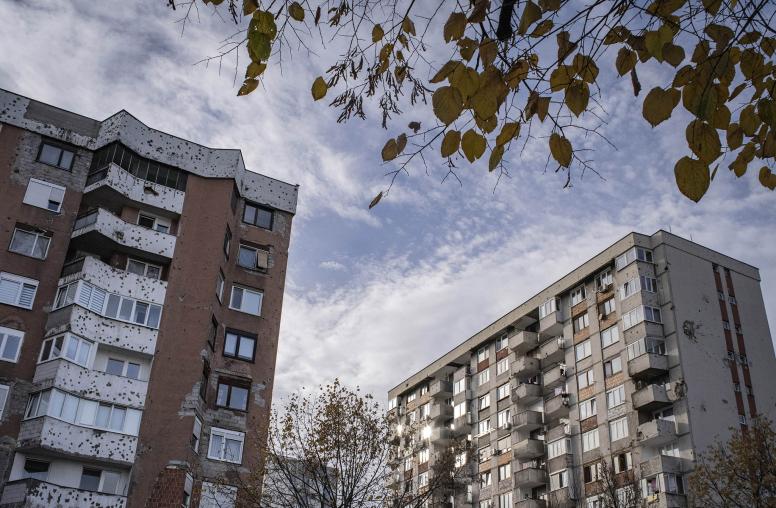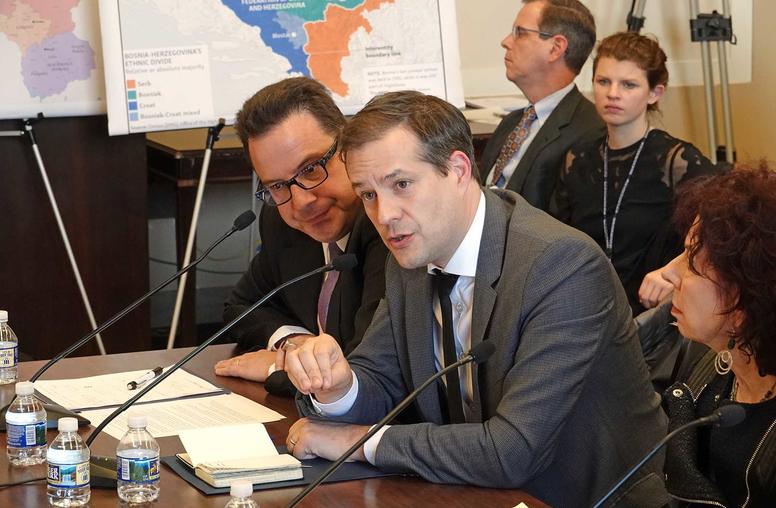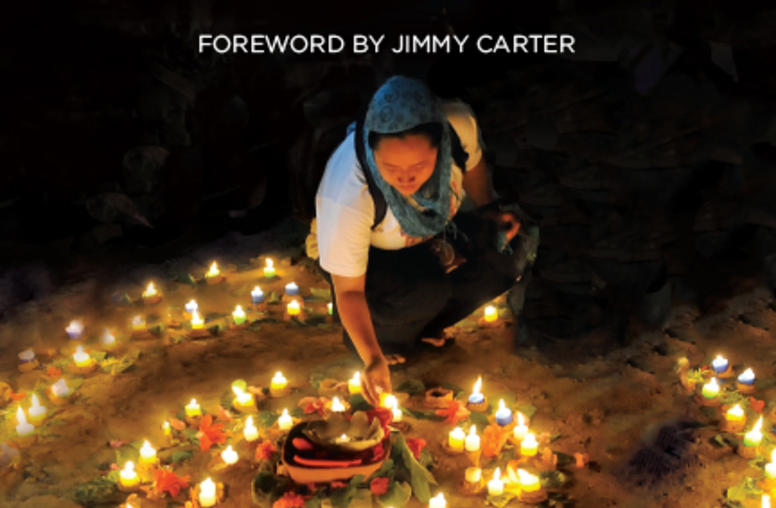Bosnia's Next Five Years: Dayton and Beyond
The Dayton Upgrade Project at the United States Institute of Peace held a series of meetings to examine the peace process in Bosnia in the five years since the signing of the Dayton Accords. Subjects addressed included post-war security structures in Bosnia, institution building, economic restructuring, ethnicity, and nationalism.

Summary
- The collapse of the Milosevic regime in Yugoslavia and the emergence of a democratic regime in Croatia offer an historic opportunity to accelerate Bosnia and Herzegovina's movement towards democracy, security, and prosperity.
- Five years after the signing of the Dayton Peace Accords, Bosnia's democratic transition is still in midstream. The process initiated at Dayton remains crucial to completing the journey and should not be abandoned.
- Important progress has been made, but critical problems must be solved in the next five years in order to make Bosnia and Herzegovina a functioning state that can integrate with Europe and trans-Atlantic security structures.
- The potential of the Dayton Accords has not been fully exploited either by the Bosnians or the international community. More rapid and vigorous implementation is required to avoid cementing the division between the two entities that comprise the country.
- In some specific and important respects, the Dayton framework prevents Bosnians from being citizens with equal rights throughout the country, favors nationalist parties, and makes self-sustaining peace difficult to achieve.
- Measures that go beyond Dayton are needed now: constitutional changes, military and intelligence integration, and abolition of ethnically based restrictions on citizens' rights.
- The regional situation is ripe. Political changes in Croatia and Serbia and within Bosnia away from the nationalist forces that made war in the 1990s make it possible for the international community to move more aggressively to break financial and military ties between Belgrade and Bosnian Serb nationalists, just as the link between Zagreb and Bosnian Croat nationalists is being broken.
- Even as available international financial resources decline, Bosnia needs a stronger U.S. and European political commitment to civilian implementation and more vigorous interpretation of key Dayton provisions.
About the Dayton Upgrade Project
The Dayton Upgrade Project at the United States Institute of Peace held a series of meetings to examine the peace process in Bosnia in the five years since the signing of the Dayton Accords. Subjects addressed included post-war security structures in Bosnia, institution building, economic restructuring, ethnicity, and nationalism.
The hundreds of participants in the dozen meetings leading to this report came from a wide variety of organizations: nongovernmental organizations, U.S. government, U.S. Congress, academia, news media, and international organizations. They participated in their personal capacities, with the assurance that we were "off the record" and that remarks of particular individuals would not be identified. None of the participants would agree with every word of this report, which is intended to reflect the general thrust of the discussion but cannot possibly record all the rich nuances, details, and dissenting voices.
Among those who made presentations to the group were a prominent Bosnian Serb politician, a prominent Bosniak politician, a high-ranking UN official, a high-ranking NATO military official, several prominent Bosnia watchers from West European, Bosnian, and American nongovernmental organizations, a former prime minister, a high-ranking OSCE official, and several U.S. government officials.
The Institute is grateful for the contributions of so many people committed to the cause of peace in Bosnia and Herzegovina.
About The Report
This report is the product of a series of meetings held from March to September 2000 at the United States Institute of Peace. These meetings examined the peace process in Bosnia and Herzegovina in the five years since the signing of the Dayton Accords in order to develop strategies and recommendations to enhance the process. The report analyzes the implementation of Dayton, outlines goals for the next five years, and identifies policy options to enhance Bosnia and Herzegovina's transition to self-sustaining peace and multi-ethnic democracy.
Written by Jon W. Western of Mt. Holyoke College and Daniel Serwer, director of USIP's Balkans Initiative, the report includes contributions by program officer Kurt Bassuener and research assistant Samantha Williams.
The views expressed in this report do not necessarily reflect those of the United States Institute of Peace, which does not advocate specific policies.



